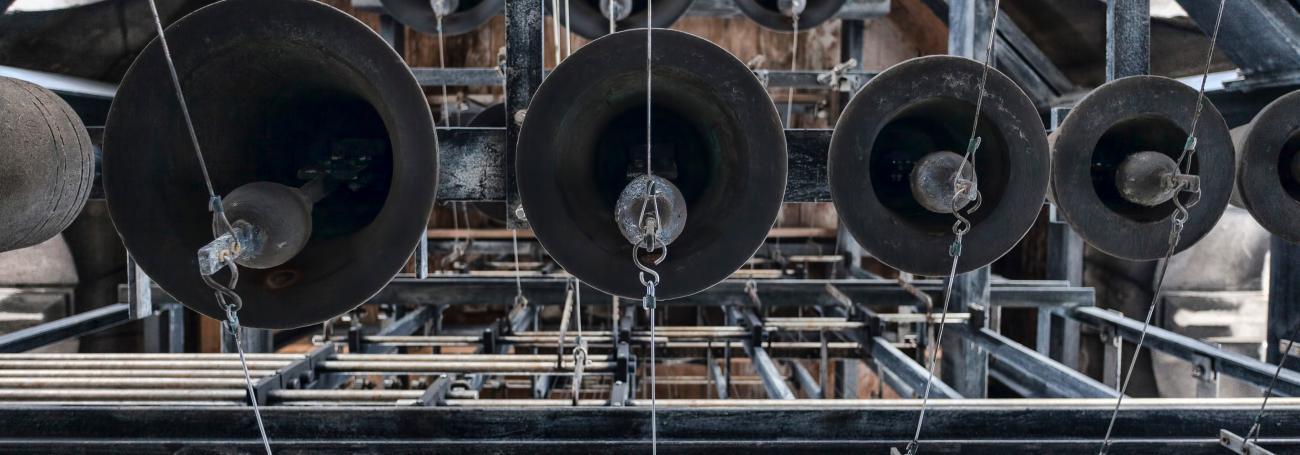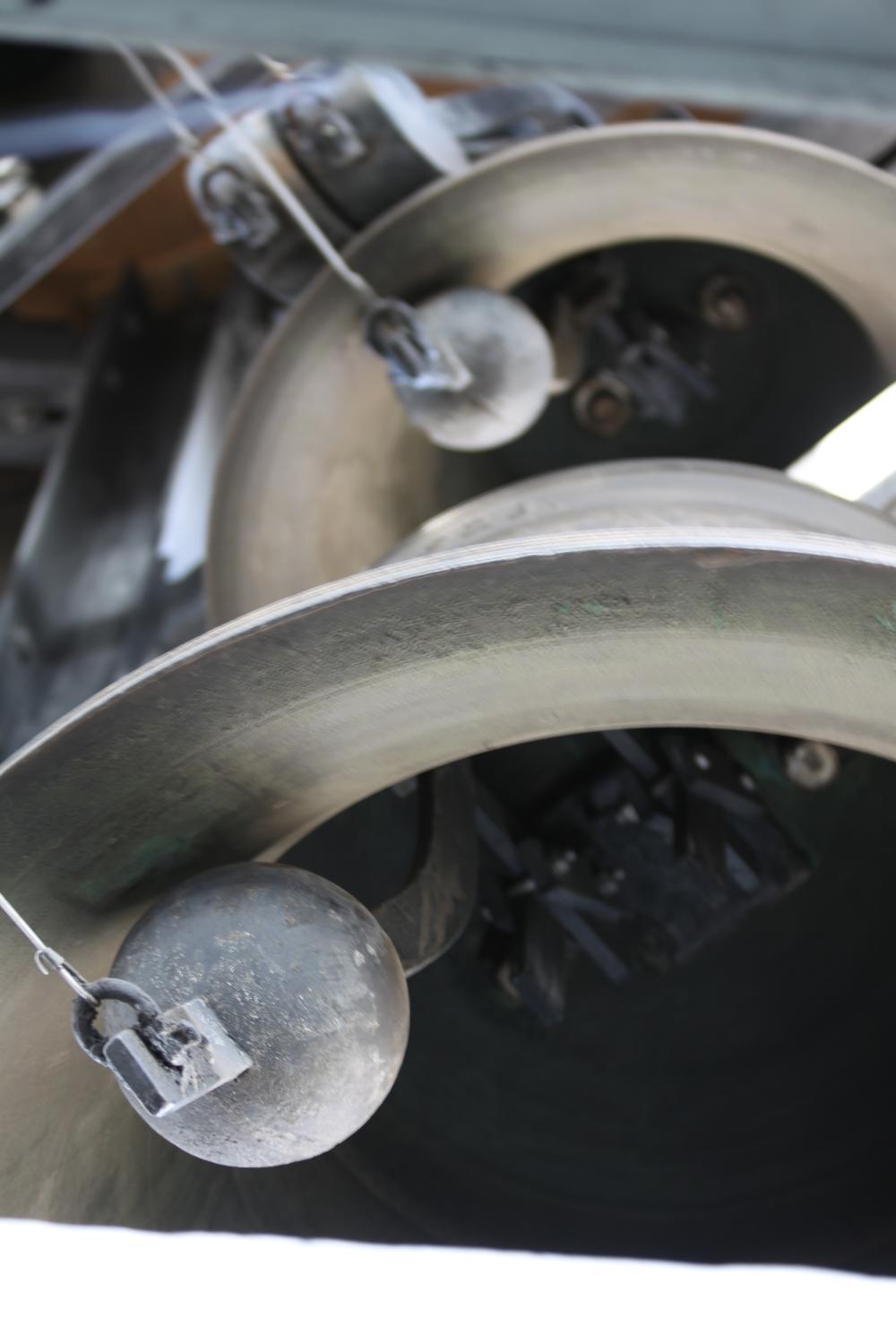Why a Carillon (bell) concert for Restorative Justice Week?
— The carillon is the largest instrument in the world and its sound transcends the public space. Its sounds invite people to stop, wonder, and see things in a different light.
— Historically, bells were used to mark important moments for a community: celebrations, commemorations, and to give warning of danger. Bells are made of bronze. In the past, they used the same material to cast cannons. What musical instrument could better represent conflicts and resolution?
— Leuven has a long tradition of carillon concerts, and its carillon housed in the University Library is one of Europe's largest and finest carillons: with 63 bells with a total weight of 35 metric tons. Leuven’s carillon is also a symbol of restoration. The library and its bell tower seen today have been reconstructed after destruction during World War I. Today, Leuven is one of the main sites for carillon culture in the world, with several weekly carillon concerts.
— Leuven is an essential hub for restorative justice as a ‘Restorative City’; several organisations in Leuven are committed to working with restorative justice or work restoratively. It is the headquarters of the European Forum for Restorative Justice, and it is also a key place to study restorative justice both for scholars and practitioners.




